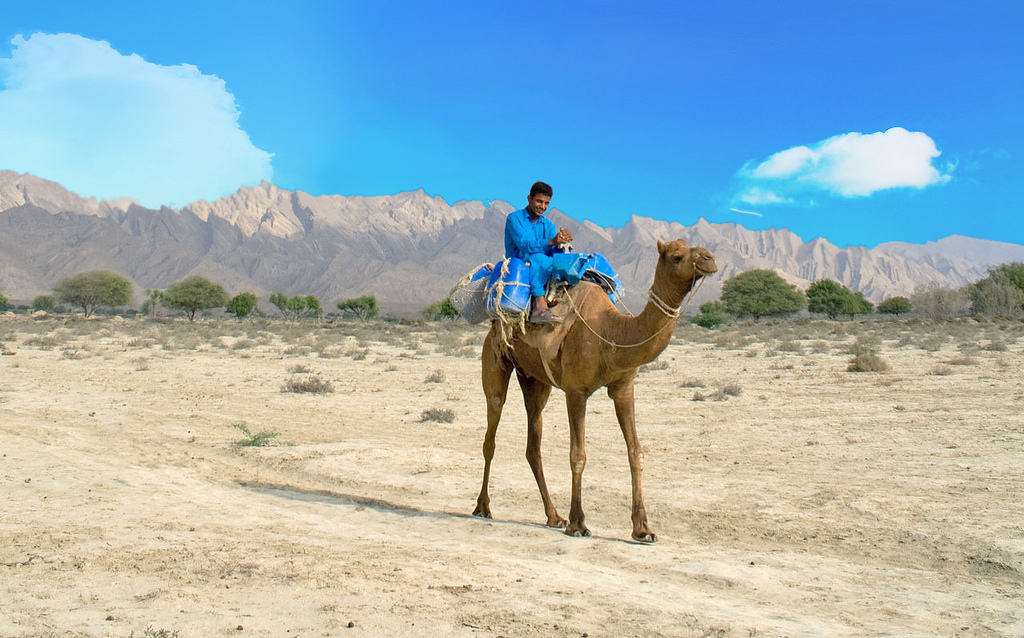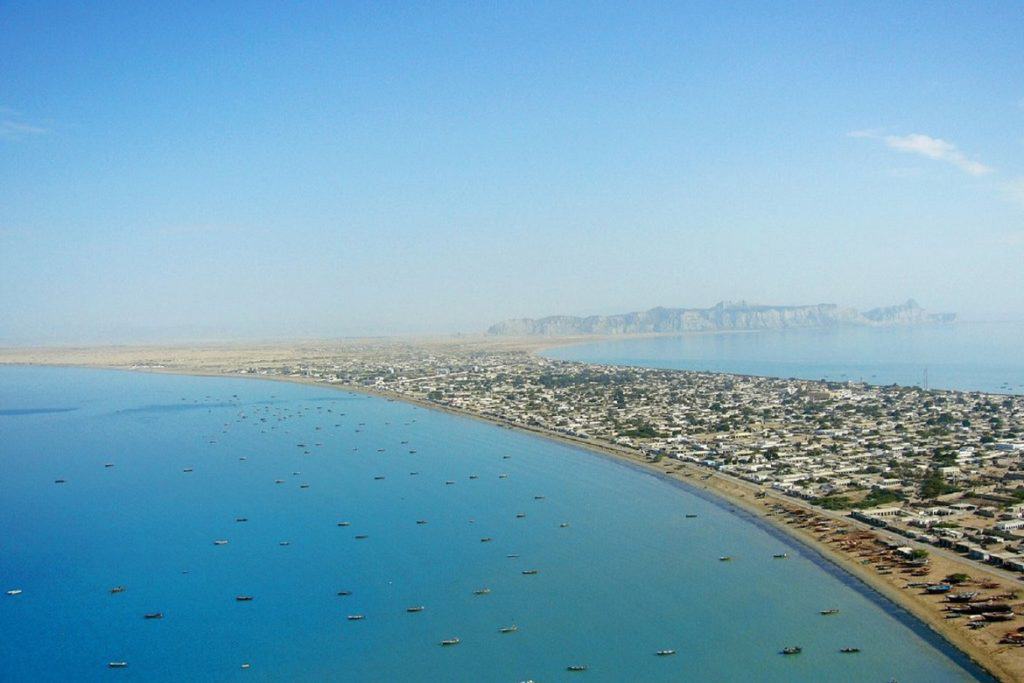Baluchistan is the largest province of Pakistan. Located in the southwestern region, it covers the 44% area of the land resources of the country, but despite that it is the least populated province.
Baluchistan is a highly rich land in resources, but it is mainly a deprived place for people living there. Ethnically it is mostly a Baloch populated area, with the Pashtun as second ethnic group. This land is providing the 60% of the gas resources of the country. Reko Dig Gold Mine and Saindak Copper-Gold Mine are famous because of their vast Gold and Copper Reserves. Gwadar (the coast city of Baluchistan) is the deepest sea port of the world. The land is poor on the ground but very rich in the underground. Due to the geographical and economic importance of Baluchistan a lot of world powers have keen eyes on it.
China is the largest populated country and one of the main economic and political players in the world. China needs not only to develop its economy and trade but also to face the challenge of the possible scarcity of land for its population.
So, China is eagerly interested to explore the resources of Baluchistan. China Pakistan Economic corridor, mainly known as CPEC, was established in 22 May 2013. Its road map is a ground connection from Kashgher, in China, to Gwadar.
But Pakistan is already facing a huge insurgency there. It is a conflict zone. So, China is now facing the problem on how it can deal with the people of Baluchistan. They are not only uninterested but also resisting to CPEC.
The influence of China in Baluchistan is a game changer for Pakistan. CPEC is a compound of different projects worth $46 billion, so it has a relevant economic and trade importance. But it also raises concerns and reservations at international level. Especially United States and India are opposing to it. Baluchistan is sharing border also with Iran, so U.S. has reservation on CPEC both for China and Iran. India fears that Gwadar will double as a Chinese naval base. Pakistan declares in every forum that India is creating uncertainty in Baluchistan to try to sabotage CPEC.
Insurgency in Baluchistan is not a new phenomenon, but the question now is that who is trying to blow on the fire? And who will benefit of an unstable Baluchistan?
The people of Baluchistan have concerns about China interest in their land. They argue that it could be possible that China shifts Chinese population in Baluchistan, because it is still a large unpopulated land. So, they are afraid that in future China could face the scarcity of land for its growing population converting Baluchistan into a Chinese populated areas.
The attraction of Gwadar port is the main reason for China to build a 2,000 km of road and rail infrastructure worth $10.63 billion in Pakistan. China is investing in Gwadar, but the people of Gwadar are still facing shortage of pure drinking water.
China also is going to extend the Saindik Gold – Copper Mine project, where Chinese firm, Metallurgical Corporation of China (MCC), has been awarded control.
But the level of life of the population in Baluchistan remains a question mark for all those stake holders who are earning here benefits or aiming to earn. The people of Baluchistan complain that Pakistan is just earning from the resources of Baluchistan, but not investing for the population living in this land, and the starving in Baluchistan is a cause of the unrest.
Experts think that if China wants to make progress and take profit from its investments in Baluchistan it must build a trust line with the people living there. China offered the militants to sit for a table talk, but it seems not so easy to convince them.
Baluchistan is facing many challenges since decades, and the question is how China can deal with these challenges. Another factor influencing the China investments in Baluchistan is the Pakistan foreign policy, Pakistan is allied with United States. So, it is also difficult for Pakistan to say good bye to U.S. and yes to China, as the two countries are the two large economic and trade competitors. Both are focusing in South Asia market and their benefits do not meet with each other.
The people of the rich land of Baluchistan have been kept deprived of their basic amenities. The people of Gwadar lack drinking water facility which is requirement to live. It has been said that China Pakistan Economic Corridor (CPEC) will do no cause problems to the people of this land. But probably should be more important now to define how the poor inhabitants of Baluchistan could take profit of the Chinese investments for the improvement of their life conditions.
Image Credit: Flickr







